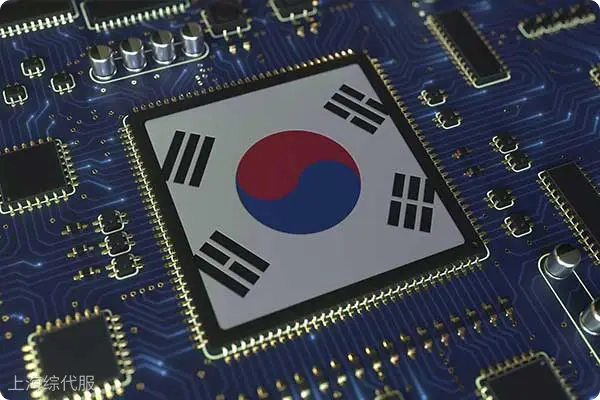According to the Associated Press, data released by the Ministry of Industry and Commerce on July 1, local time, showed that as global demand for artificial intelligence (AI) surged, Korean chip exports reached a record high. The data showed that South Koreas exports increased by 5.1% in June, reaching $57 billion, for the ninth consecutive month, while imports fell by 7.5% in June, to $49 billion, leading to a trade surplus of $8 billion.

Increased chip exports drive economic recovery
From an industry perspective, the export of chips as the pillar of the South Korean economy grew by 50.9%, reaching a record $13.4 billion over the course of eight consecutive months. Data show that the export of monitors, computers, and mobile devices increased by 26.1% respectively, 58.8% and 3.9% over the same period last year. Despite a small 0.4% drop in car exports due to shrinking working days, to $6.2 billion, the overall export performance remains strong.
In the six months of last year, South Korea’s exports grew by 9.1% to $33.48 billion, while imports fell by 6.5% to $311.7 billion. The trade surplus in the first half of the year was $231 billion, the highest level since $31.1 billion in the same period in 2018.
Global demand for artificial intelligence drives the chip market
IBK Securities Economist said South Korea’s overseas shipments will continue to expand in the second half as global developments around artificial intelligence will continue to support demand for Korean chips, especially in the event that Apple launches new products. Joe Hayes, chief economist for Global Market Intelligence, noted that global industrial activity and trade are recovering. Due to the integration of key intermediate products such as batteries and semiconductors in the supply chain, South Korea’s manufacturing output and orders are seen as leading exports.
SK Group Investment Plan
South Korea’s SK Group recently announced that its semiconductor division SK Healey plans to invest 103 trillion won (about $74 billion) by 2028, of which approximately 80% (82 trillion won) will be used to invest in high-bandwidth memory chips. SK Healey’s HBM chip has been optimized to be used with NVIDIA’s AI accelerators. As part of a bet on artificial intelligence, SK Telecom and SK Broadband will invest 3,4 trillion won in data center business. This is the first time SK has revealed its investment plan to 2028.
SK Healey announced a series of investment plans earlier this year, including $38.7 billion to build an advanced packaging plant and an AI product research center in Indiana, USA. In South Korea, SK Healey will invest $14.6 billion to build a new integrated storage chip facility and continue to make other domestic investments, including investments in the Longjin Semiconductor Cluster.
Optimistic prospects for the chip industry
Analysts point out that the continued growth of the Korean chip industry is not only benefited by the push of global AI demand, but is also closely linked to the strategic layout of Korean enterprises in technology research and development and capital investment.Through large-scale investment and technological innovation, Korean chip enterprises have occupied a favorable position in the global market and are expected to continue to lead industry development in the future.
SK Group’s investment plan reflects its optimistic expectations for future markets, especially in the layout of its high bandwidth memory chips and data center business, demonstrating its ambition in the field of artificial intelligence.At the same time, with the growing global demand for AI technology, the Korean chip industry is expected to continue to maintain a strong export growth momentum and further drive the development of the Korean economy.
Overall, the strong performance of South Korea’s chip exports is not only an important driving force for South Korea’s economic recovery, but also demonstrates South Korea’s key position in the global high-tech industry chain. In the future, with the continued development of global artificial intelligence and other high-tech fields, the South Korean chip industry is expected to continue to grow rapidly and become an important force driving global scientific and technological progress.


 Follow customer service WeChat
Follow customer service WeChat